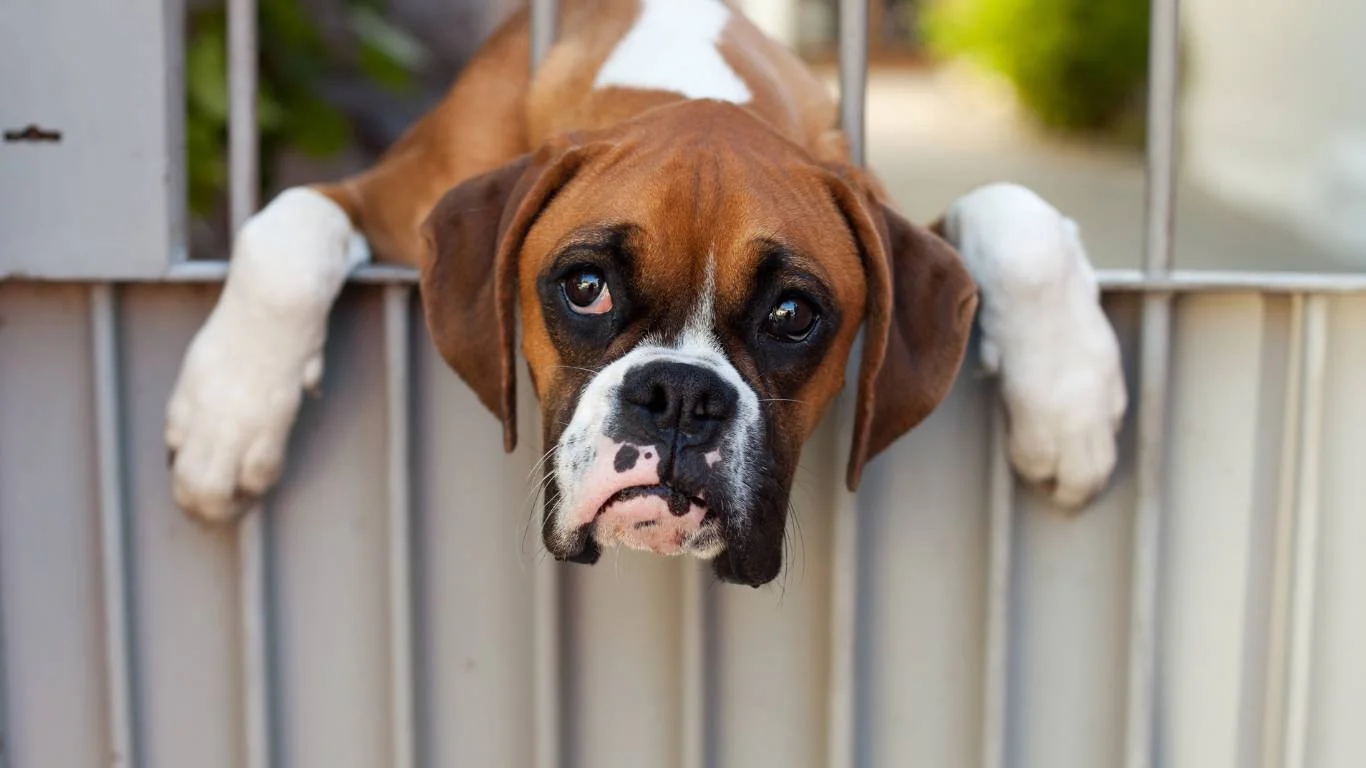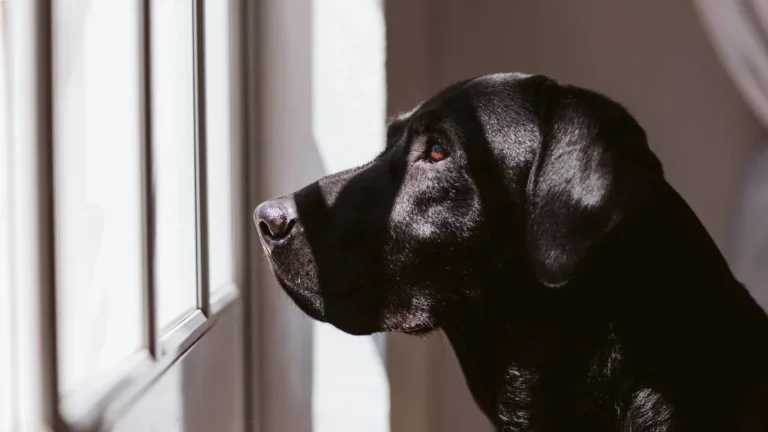How to Treat a Dog with Kennel Cough at Home: Easy Steps to Help
If you’re wondering how to treat a dog with kennel cough at home, you’re not alone. As a Veterinary Assistant who’s spent years in the field—especially focusing on nutrition—I’ve met countless worried dog parents trying to navigate this scratchy, stubborn cough. And honestly? I get it. Hearing that persistent, honking cough from your pup is heartbreaking and a little scary. The good news? Many cases can be managed right from the comfort of home with the right care, a bit of patience, and a dash of common sense. Let’s dive into what really works—straight from someone who’s had their fair share of fur-covered scrubs and nose-boops from sick dogs.
What Is Kennel Cough, Really?

Kennel cough, officially known as canine infectious tracheobronchitis, is like a bad cold for dogs. It’s super contagious and spreads like wildfire in places like dog parks, boarding facilities, or even during a vet visit. The usual suspects? A mix of bacteria and viruses—Bordetella bronchiseptica is the main troublemaker, often teamed up with parainfluenza or canine adenovirus.
It’s not usually dangerous for healthy adult dogs, but it can be rough on puppies, seniors, or pups with preexisting conditions. Think of it like your dog’s version of a bad chest cold—annoying, exhausting, but usually manageable with TLC.
How to Treat a Dog with Kennel Cough at Home (No Vet Trip Just Yet)
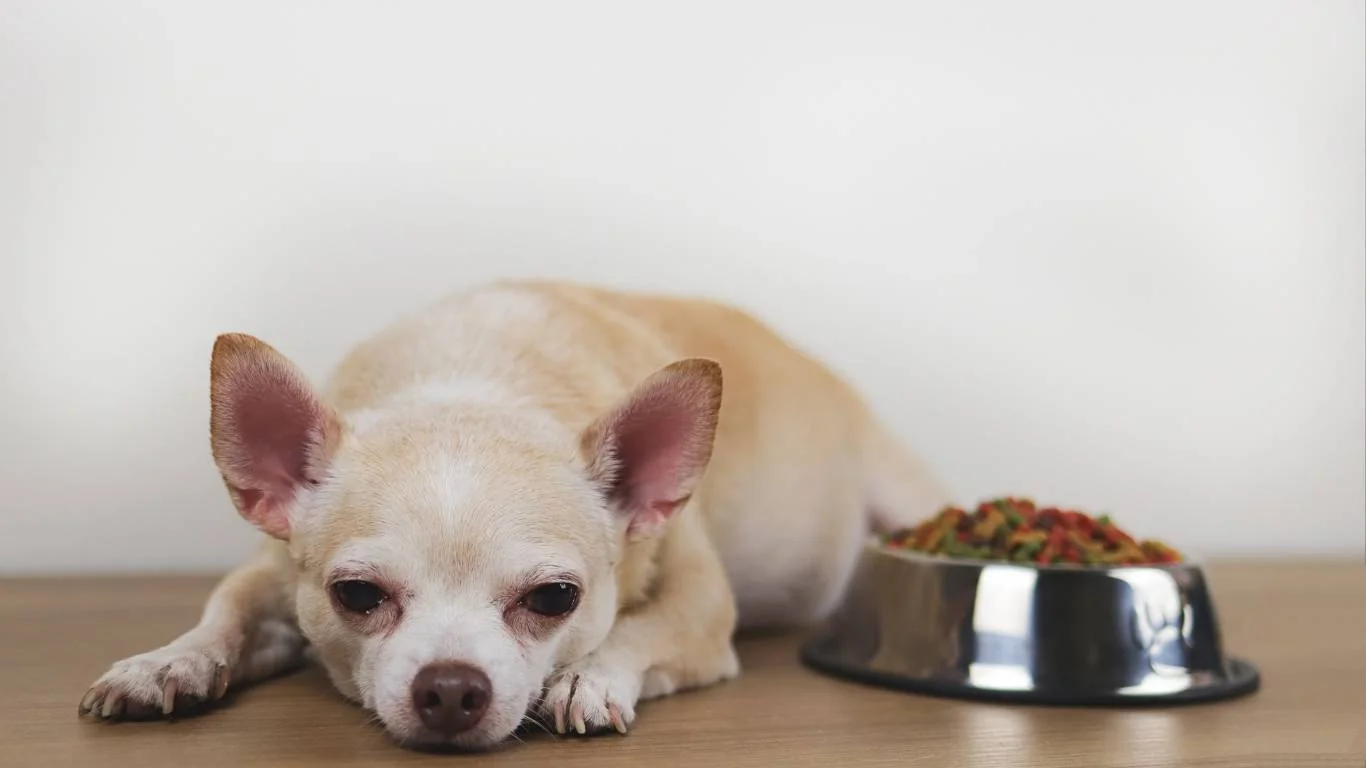
1. Rest Is Priority #1
I can’t emphasize this enough—let your dog rest. When my own pup Charlie caught kennel cough a few years ago, his energy tanked. He went from zoomies to snoozies real fast. I cleared out a quiet spot in the house, gave him his favorite blanket, and kept the noise down. Just like us when we’re sick, dogs need sleep to heal.
2. Use a Humidifier or Steam for Easier Breathing
One trick I always recommend—and use in my own home—is running a humidifier near your dog’s bed. Dry air makes coughing worse, so adding moisture helps soothe their irritated throat and lungs. No humidifier? No worries. A steamy bathroom works too. Just let the shower run hot, close the door, and sit in there with your dog for 10-15 minutes. Bonus: it’s oddly relaxing for you both.
3. Keep Their Environment Calm and Clean
- Limit excitement: No visitors, no wild play sessions.
- Ventilate the room: Fresh air is your friend, but keep your pup away from drafts.
- Clean regularly: Disinfect bowls, toys, and bedding daily.
I used to bring home disinfectant wipes from the clinic and would gently wipe down all of Charlie’s things. Kennel cough germs are tough and love to hang around, so stay on top of that daily wipe-down routine.
4. Offer Warm, Nutrient-Rich Foods
Nutrition is where I geek out a little (okay, a lot). When dogs are sick, they often go off their kibble. If that happens, try:
- Warm chicken broth (no onion or garlic!) poured over food.
- Boiled chicken and rice: Easy to digest and gentle on the stomach.
- Goat’s milk or bone broth: Immune-boosting and tasty!
When I had pups come into the clinic snubbing their regular food, a spoonful of warm broth often did the trick. Just keep portions small and frequent so you don’t upset their stomach.
5. Keep Them Hydrated, No Exceptions
This one’s critical. Dehydration can sneak up fast when dogs are coughing hard. I always recommend:
- Keeping water bowls filled and clean.
- Adding a splash of low-sodium broth to encourage drinking.
- Using an oral syringe if your pup refuses water (with guidance, of course).
Hydration helps thin mucus and keeps everything moving. If your dog isn’t drinking and you see signs like dry gums or sunken eyes, it’s time to call the vet.
Knowing When to Call the Vet

Here’s the thing—I’m all for home care, but not at the expense of your dog’s health. If you notice:
- Persistent coughing for over 10 days
- Green or yellow nasal discharge
- Loss of appetite for more than a day or two
- Lethargy that worsens
- Difficulty breathing or wheezing
…it’s time to get professional help. Sometimes kennel cough turns into pneumonia, especially in vulnerable pups, and you don’t want to mess around with that.
Holistic and Natural Remedies for Kennel Cough Relief
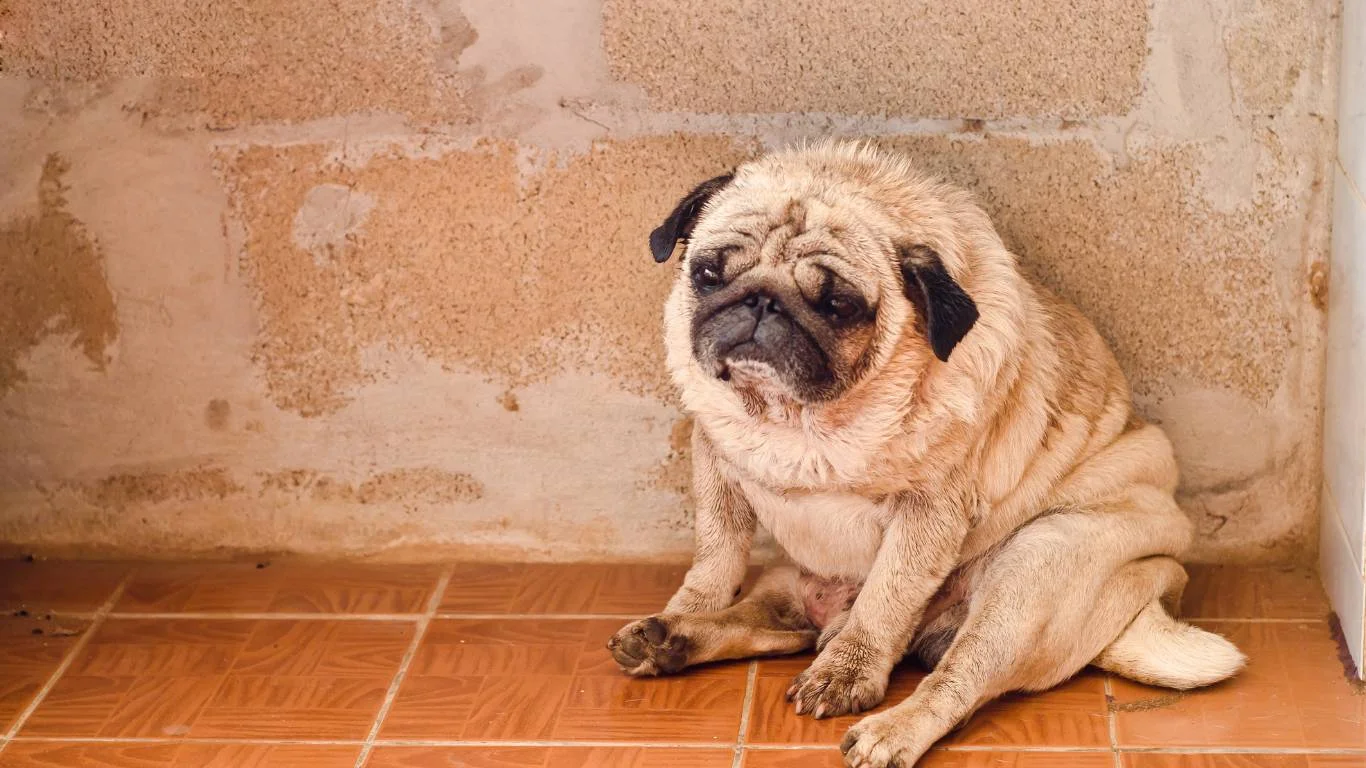
Now, I know some pet parents love the natural route (hey, I’m one of them). And when used smartly, some natural remedies can offer gentle relief for dogs battling kennel cough. That said, I always recommend running any new treatment past your vet—just to be safe.
1. A Spoonful of Honey (Seriously)
When Charlie had a raspy, dry cough that wouldn’t quit, a spoonful of raw honey helped more than I expected. It’s soothing, coats the throat, and has mild antibacterial properties. Try giving your pup:
- ½ to 1 teaspoon of raw, organic honey once or twice a day
- Mix it into warm water or drizzle it over food
Just don’t give honey to puppies under one year old—it’s a no-go due to botulism risk.
2. Slippery Elm Bark or Marshmallow Root
These herbal remedies are known for coating the throat and easing irritation. I’ve seen clients at the clinic swear by them. Look for glycerin-based tinctures or teas you can cool and add to your dog’s food. Again—check dosage with your vet, especially if your dog is on meds.
3. Probiotics for Immune Support
Here’s where my nutrition nerd side kicks in. Gut health plays a massive role in immune function. Adding a high-quality canine-specific probiotic can support your dog’s natural defenses while they fight the infection. I usually recommend powder or capsule versions that can be sprinkled over meals—easy peasy.
Can Your Dog Go for Walks During Kennel Cough?

Ah, the big debate. Here’s the deal: light walks are okay in mild cases, but only if your dog’s up for it—and you keep things low-key. No running, no meeting other dogs, and absolutely no dog parks. It’s all about reducing stress and preventing the spread of the infection.
Some tips I give pet parents:
- Use a harness instead of a collar (less pressure on the throat)
- Stick to shaded, quiet areas where other dogs won’t be around
- Keep the walk short and observe how your dog is doing
And remember, if your dog is super lethargic or has a persistent cough, they’re better off resting indoors.
Disinfecting Your Home to Stop the Spread

If you’ve got more than one dog at home (or a cat that insists they’re a dog), cleaning becomes non-negotiable. Kennel cough spreads through droplets, shared toys, bowls, and even our clothes. One client I worked with had three dogs—and only one caught it—because she was meticulous with her cleaning game.
Here’s your anti-germ battle plan:
- Wash food and water bowls daily with hot, soapy water or throw them in the dishwasher.
- Disinfect shared toys and surfaces (use pet-safe disinfectants).
- Launder bedding and blankets every few days—yes, even the ones shoved under the couch.
- Ventilate rooms and let sunlight in. Fresh air is underrated.
And if you’ve been cuddling your sick pup (because duh, of course you have), change your shirt before interacting with other pets. Germs are clingy.
What to Avoid During Home Treatment
This one’s important because sometimes our best intentions can backfire. Here are a few common mistakes I’ve seen (and once or twice made myself):
- No OTC human cough meds: These can be dangerous for dogs. Always check with a vet first.
- Don’t over-exercise your dog, even if they seem okay. It can trigger coughing fits.
- Avoid smoking indoors. Smoke irritates the respiratory tract and delays recovery.
- Don’t force feed. Offer tempting, warm food—but if they’re refusing everything, it might be time for vet intervention.
In my experience, patience is key. Kennel cough isn’t fun, but it’s manageable with love, rest, and smart home care. Sometimes it feels like they’ll never stop coughing—but give it 1 to 2 weeks, and most dogs bounce back like champs.
Preventing Kennel Cough: What I’ve Learned on the Job
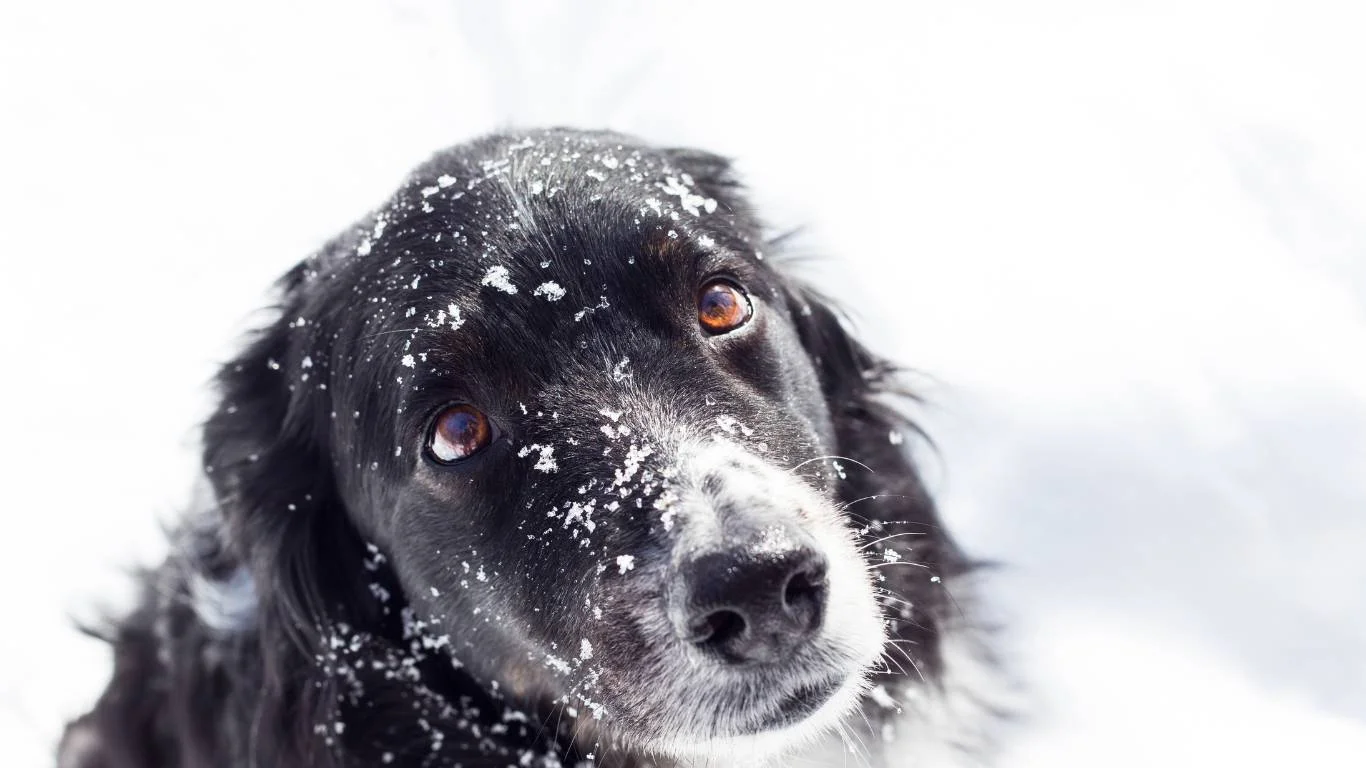
Prevention really is the best medicine when it comes to kennel cough. After working with hundreds of pups, I’ve seen firsthand how a few simple habits can make all the difference in keeping your dog healthy and happy.
Vaccination: Your Pup’s Best Defense
One of the first things I always tell pet parents is to keep their dogs up-to-date on their kennel cough vaccine. It’s not 100% foolproof—because kennel cough is caused by a variety of bacteria and viruses—but it can greatly reduce the severity and likelihood of infection.
In my experience, dogs that are vaccinated usually have a much milder cough, and they recover faster. If you board your dog, go to daycare, or even take them to dog parks regularly, this vaccine is worth chatting about with your vet.
Keep Social Interactions Smart and Safe
Dogs are social creatures, but it’s good to be cautious during outbreak season or if you know other dogs around are sick. Here’s what I advise:
- Avoid crowded dog parks or boarding kennels during peak kennel cough season.
- Limit contact with dogs showing any signs of coughing or sniffles.
- Practice good hygiene—wash your hands after petting unfamiliar dogs and sanitize gear regularly.
At the clinic, we had a “no coughing dog” policy to keep the rest of the fur-family safe. It might sound strict, but it works.
How Long Does Kennel Cough Last? What to Expect
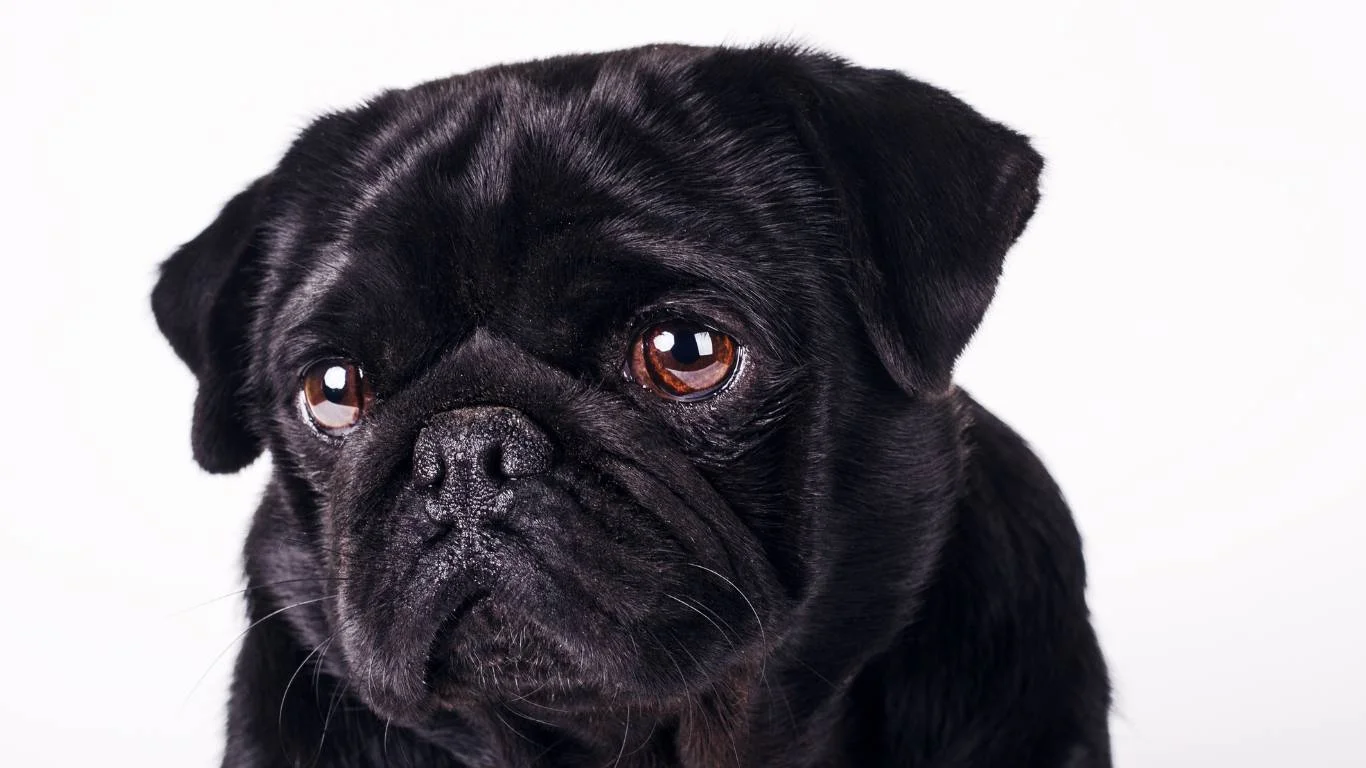
From what I’ve seen, kennel cough usually sticks around for about 1 to 3 weeks. That dry, hacking cough can hang on even after your dog starts feeling better—kind of like a lingering tickle in your throat after a cold.
During this time, your dog might feel tired and lose some appetite, but if you’re following the home care tips we talked about—rest, hydration, good nutrition—you’ll likely see steady improvement.
However, if symptoms get worse, or your dog develops a fever, wheezing, or starts coughing up thick mucus, it’s time to get professional help. Some dogs develop pneumonia or other complications, especially pups with weaker immune systems.
When and Why Your Vet Might Prescribe Antibiotics
Sometimes, despite your best efforts at home, the infection needs a little extra help. Antibiotics may be prescribed if your vet suspects a bacterial infection is making the cough worse or if secondary infections develop.
From what I’ve learned working alongside veterinarians, these medications aren’t a magic fix but can speed recovery in certain cases. That’s why vets often wait to prescribe until they’re confident it’s necessary, especially since overuse of antibiotics can lead to resistance.
Alongside antibiotics, vets might recommend cough suppressants or anti-inflammatories, depending on your dog’s symptoms. But remember: these should only be used under professional guidance.
Final Thoughts: Trust Your Gut (and Your Vet)
Taking care of a dog with kennel cough can feel overwhelming, especially when you’re trying to balance home remedies with knowing when to seek medical care. I always remind pet parents to trust their instincts—you know your dog best. If something feels off or your dog isn’t improving, don’t hesitate to reach out to your vet.
From personal experience, the combination of gentle home care, a calm environment, and timely vet visits can make kennel cough a manageable blip on your pup’s health journey—not a crisis.
And hey, plenty of pups bounce back stronger, leaving that stubborn cough behind with a wagging tail and happy heart.
References
- American Veterinary Medical Association
- American Society for the Prevention of Cruelty to Animals
- Centers for Disease Control and Prevention (CDC)
- Veterinary Partner
Disclaimer
The information provided in this article is for educational purposes only and is not a substitute for professional veterinary advice. Always consult with a qualified veterinarian regarding your pet’s health, especially if symptoms worsen or do not improve. Each dog is unique, and treatment should be tailored to your pet’s specific needs.
